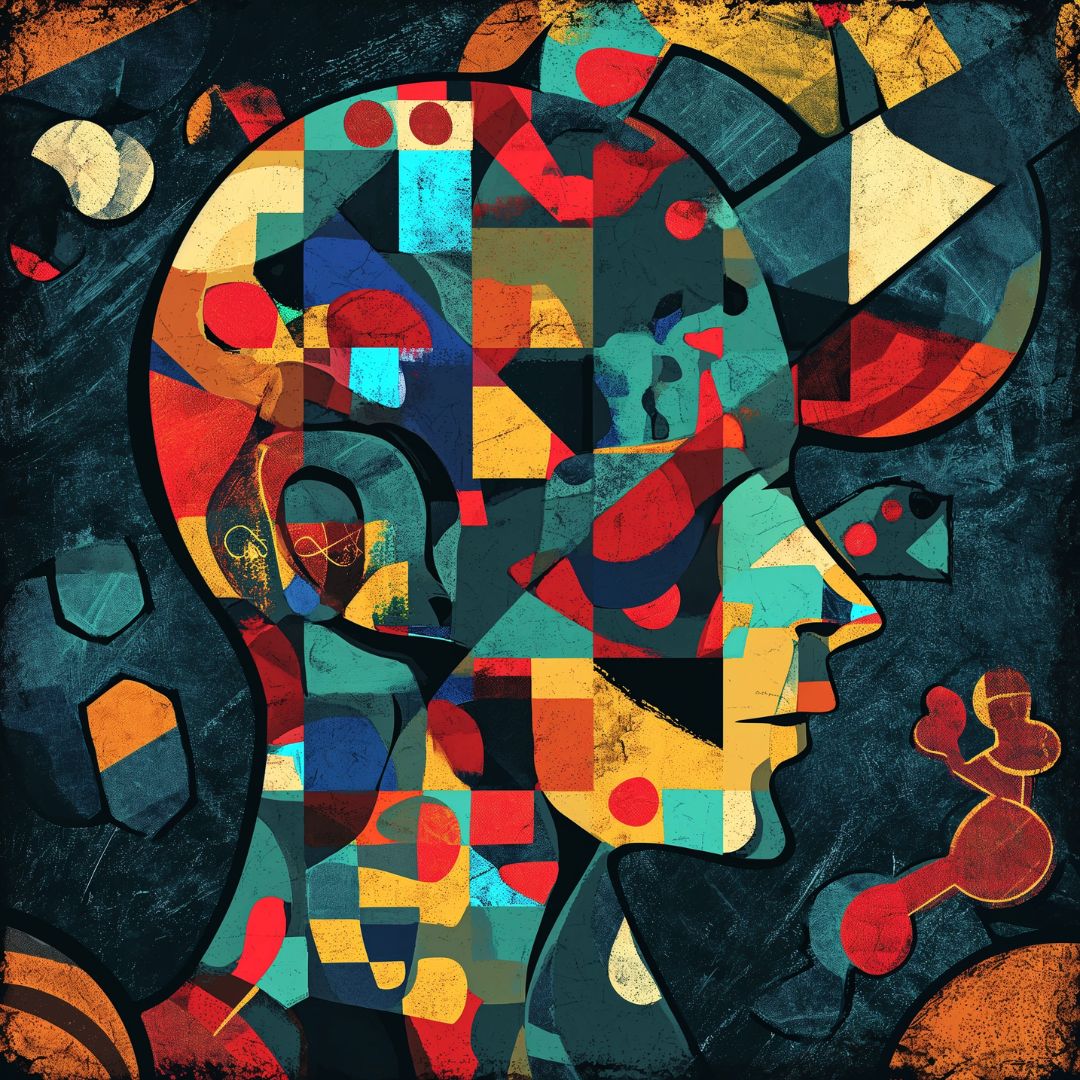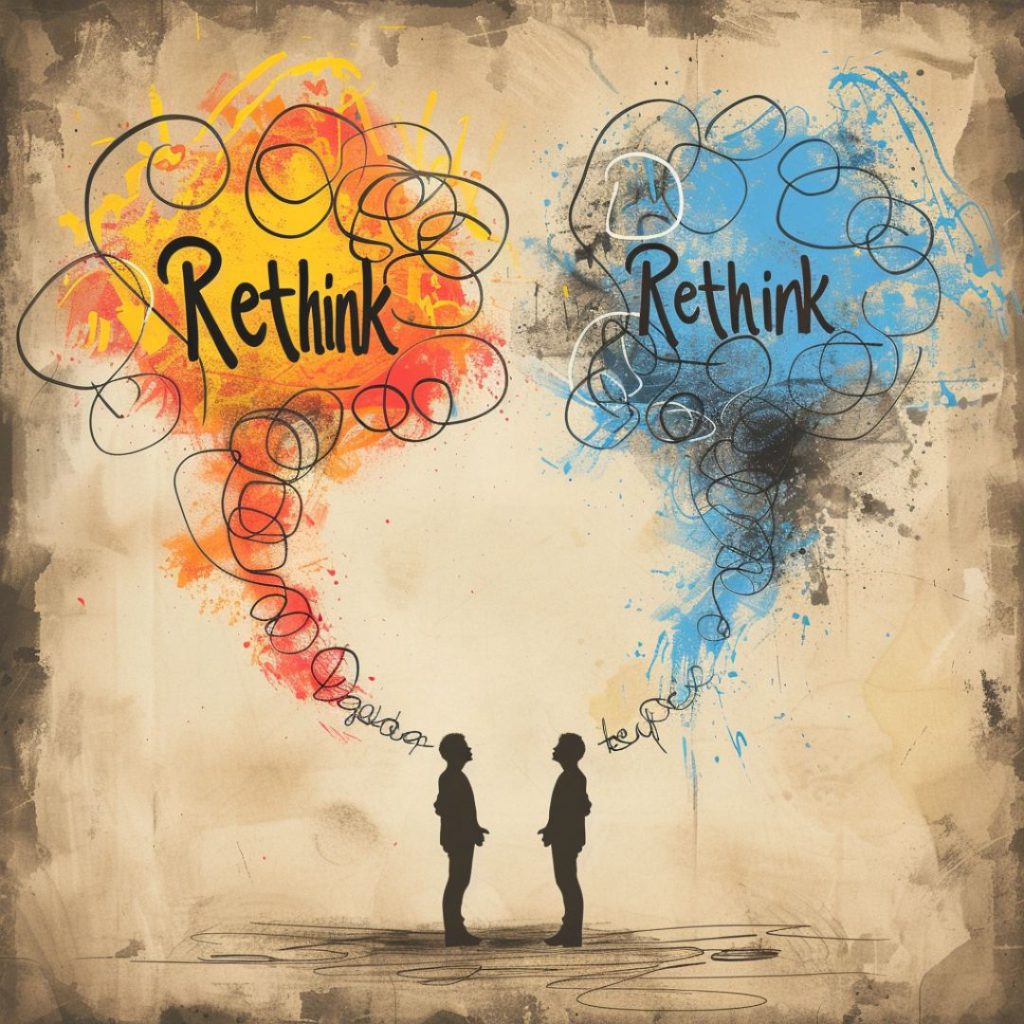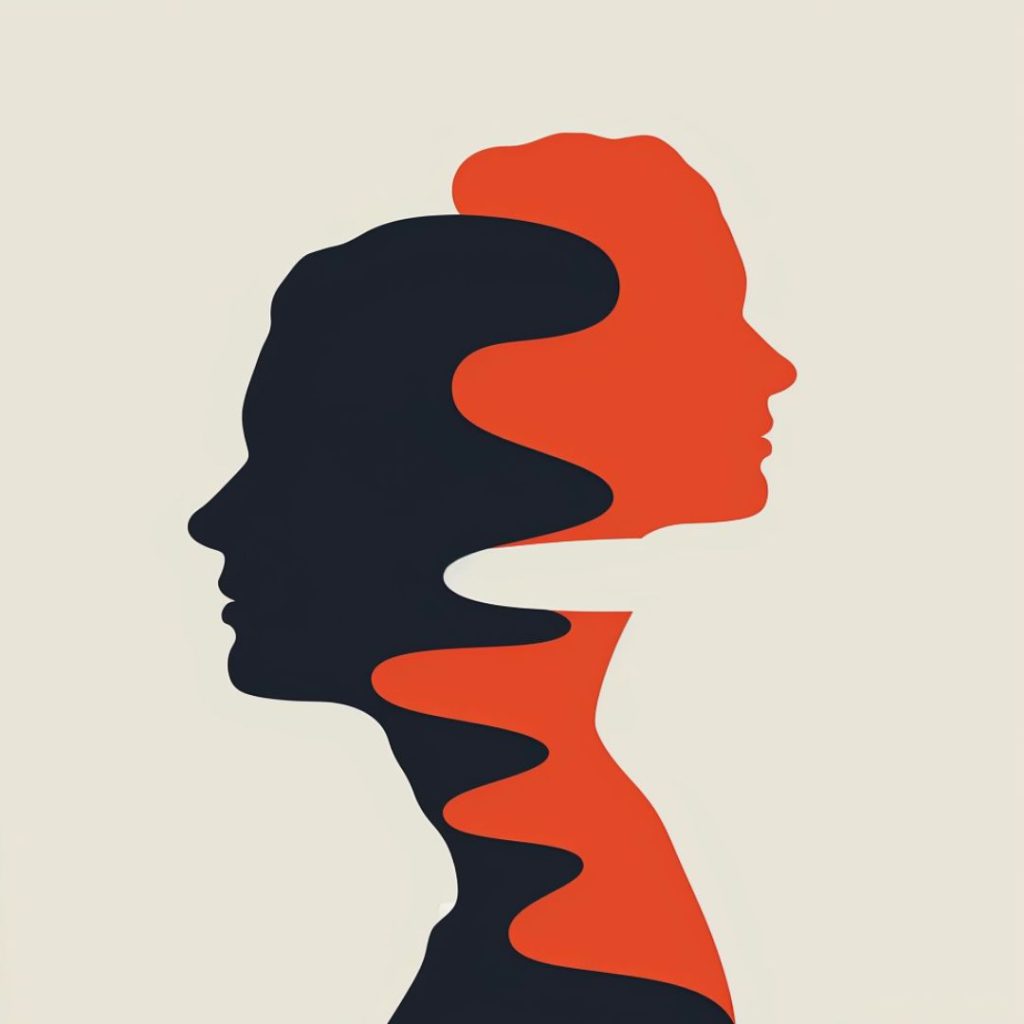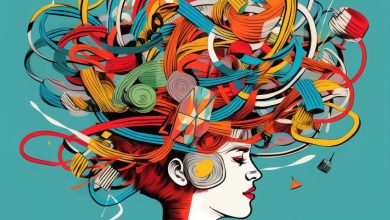INFJ and Autism: Are There Any Correlations?

🎧 Listen to this Article 🎧
Have you ever stumbled across the INFJ personality type and thought, “Wait, that kinda sounds autistic?”
Yeah, you’re not alone.
Here’s the thing: INFJs, with their love of quiet time and deep thinking, can sometimes come across as a bit on the autism spectrum.
But…
Before we jump to conclusions, let’s dive into what INFJs and autism are all about, and see if there’s any truth to this connection.
What Is INFJ and What Is Autism? Are They Related?
The world of personality types and neurodiversity can be fascinating, and sometimes, a surprising overlap emerges. One such instance involves the INFJ personality type and Autism Spectrum Disorder (ASD).
What is an INFJ? The Myers-Briggs Type Indicator (MBTI) categorizes personalities based on preferences. INFJ stands for Introversion (I), Intuition (N), Feeling (F), and Judging (J). INFJs are known for their introspective nature, valuing deep connections and meaningful conversations over large social gatherings. They excel at strategic thinking and are driven by strong moral values.
| Related: INFJ Mental Illnesses
What is Autism Spectrum Disorder? ASD is a developmental condition that affects how individuals process information and interact with the world. It manifests differently in each person, but some common characteristics include social awkwardness, intense focus on specific interests, and a preference for routines and predictability.
Here’s the twist…
Some INFJ traits do seem similar to some aspects of ASD. That’s why some people, including INFJs themselves, wonder if there’s a connection. Let’s see if these similarities are just a coincidence, or if there’s something more going on!
INFJs, known for their introspective nature and deep thinking, might share some surprising similarities with people on the autism spectrum. Both groups can experience social awkwardness, have intense interests, and value structure. This overlap sparks questions: are these just coincidences, or is there a deeper connection between INFJ personalities and Autism Spectrum Disorder?
| Read more: INFJ and ADHD
Shared Traits Between INFJ Personality and Autism

It’s true that some INFJ traits might appear similar to certain aspects of ASD. Let’s look deeper how some INFJ characteristics that could be misinterpreted as autism:
- Solitude: As true introverts, INFJs crave time alone to recharge. Large crowds, loud noises, or bright lights can be draining (combines “need to be alone” and “sensory overload”). This quiet solitude allows them to process information and refuel their social energy.
- Harmony Seekers: Similar to some autistic individuals, INFJs dislike conflict and may feel stressed in argumentative situations. They value peace and strive for understanding.
- Strong Values, Strong Opinions: While not forceful, INFJs hold firm beliefs about matters they’re passionate about. This can be mistaken for stubbornness. (combines “stubborn” and “strong sense of justice”)
- Vulnerability and Trust: INFJs can be susceptible to manipulation by those with ill intentions due to their trusting nature. (combines “taken advantage of” and “doesn’t tend to have many friends”).
- Quiet Confidence: INFJs are content with smaller social circles and avoid the spotlight. They prefer meaningful conversations over small talk. (combines “don’t tend to have many friends” and “detest small talk” and “don’t like being the center of attention”)
- Singular Focus: Just like some autistic individuals, INFJs can become deeply engrossed in their chosen area of interest, appearing singularly focused or even obsessive at times. (combines “singularly focused” and “obsessive for something they’re passionate about”)
- Independent Spirits: INFJs value their individuality and may resist authority if they feel it goes against their strong moral compass. (combines “highly individualistic” and “rebel against authority”)
INFJs need solitude to recharge (unlike social battery drain in some ASD cases). Crowds, noise, and bright lights can be overwhelming.
Peacemakers at heart, INFJs (like some autistic individuals) dislike conflict and seek understanding.
INFJs hold strong beliefs about their passions but aren’t forceful (differentiating from ASD-related stubbornness).
Their trusting nature can make them vulnerable to manipulation.
Content with smaller social circles, INFJs prefer meaningful conversations and avoid the spotlight (unlike social challenges in some ASD cases).
Deeply focused on their passions, INFJs might appear singular in their interests.
Independent thinkers, INFJs may resist authority that clashes with their morals.
Key Differences: INFJ Vs. Autism Spectrum
While INFJs and autistic individuals share some traits, there are also key distinctions to consider:
- Theory of Mind: People with ASD might struggle with “Theory of Mind,” the ability to understand the thoughts and feelings of others. INFJs, on the other hand, often excel at empathy and can readily pick up on emotions.
- Social Desire: Although both groups may prefer solitude, the reasons can differ. INFJs crave meaningful connections but recharge through alone time. People with ASD might find social interaction inherently confusing or overwhelming, even if they desire it.
- Communication Style: INFJs are often articulate and can express themselves well, even if they prefer deeper conversations. Communication for some autistic individuals can be more literal or challenged by social cues.
- Flexibility: INFJs can adapt to social situations when necessary. People with ASD might struggle with unexpected changes or deviations from routine.
Note that The MBTI is a personality framework, not a diagnostic tool for ASD. If you suspect someone might be autistic, consulting a mental health professional is crucial for proper evaluation.
INFJs & autism share traits like needing solitude and disliking conflict.
But INFJs excel at empathy (Theory of Mind) unlike some autistic individuals.
Social desire differs too – INFJs crave connections, while social situations might overwhelm some autistic people.
Communication and adaptability also vary.
| Suggestion: Echolalia and Autism
Is It Autism or Just INFJ?

The Myers-Briggs Type Indicator (MBTI) is a personality framework that helps you understand your preferences and tendencies. It cannot diagnose any condition, including autism.
Imagine the INFJ and autism spectrums as two circles that partially overlap. There will be people who fall solely within the INFJ circle, solely within the autism spectrum circle, and some who land in the overlap area. This overlap represents those who share some traits from both categories.
If you identify as INFJ, it can help you know your unique strengths and navigate social situations effectively. If you suspect autism, a diagnosis can open doors to support and resources that can significantly improve your quality of life.
INFJs on the Spectrum
We’ve established that INFJs and autism can share some traits, but what about INFJs who are also autistic?
Some INFJs fall within the overlap area of the INFJ and autism spectrums. They experience the world as both an INFJ and an autistic individual. This can be a unique and enriching experience, but also present challenges.
The combination of INFJ’s desire for deep connection and autistic sensitivities to social cues can lead to feeling overwhelmed in social situations. Just like some autistic individuals, INFJs might learn to “mask” their true selves to fit in socially. This can be exhausting and lead to feelings of inauthenticity. This difficulty connecting with others due to social awkwardness or a preference for solitude can lead to feelings of isolation.
Finding Support
- A formal diagnosis from a mental health professional can be the first step towards getting support. It can validate your experiences and open doors to resources.
- Understanding your specific needs as an INFJ on the spectrum is also crucial. Pay attention to your triggers and energy levels in social situations.
- Developing open communication skills can help you explain your needs to others and set boundaries for social interactions.
- Connecting with other INFJs on the spectrum, or autistic communities in general, can provide a sense of belonging and support.
- Therapy can provide tools and strategies for managing social anxiety, sensory sensitivities, and emotional regulation.
| Discover: Do INFJs Have Social Anxiety?
Remember: There’s no “fix” for being an INFJ on the spectrum. It’s about understanding yourself, developing coping mechanisms, and finding the right support system to thrive.
The Overlap: Some INFJs identify as both, experiencing the world with a blend of INFJ and autistic traits. This can be enriching but also present challenges.
Challenges:
INFJs’ desire for connection clashes with autistic social sensitivities, leading to feeling overwhelmed.
Like some autistic individuals, INFJs might mask their true selves to fit in, causing exhaustion and inauthenticity.
Difficulty connecting due to social awkwardness or solitude preference can lead to feelings of isolation.
Finding Support:
A professional diagnosis validates your experiences and opens doors to resources.
Understand your triggers and social energy levels.
Develop skills to explain your needs and set boundaries.
Connect with other INFJs/autistic individuals for support.
Get tools to manage social anxiety, sensory issues, and emotional regulation.
HealWiser’s Last Piece of Advice
INFJ personality and autism share some traits, but they’re distinct. Terms like “INFJ autism” are sometimes used online, but it’s important to understand these are not official diagnoses and can be unhelpful. The MBTI explores personality, not diagnoses. Seek professional help if you suspect ASD. INFJs on the spectrum can find support in both communities. Focusing on understanding yourself and your needs, rather than labels, is key.
Sharing your experiences can provide valuable insights and emotional support. So…
…share your story with Heal Wiser and others in the comments section below this post.






